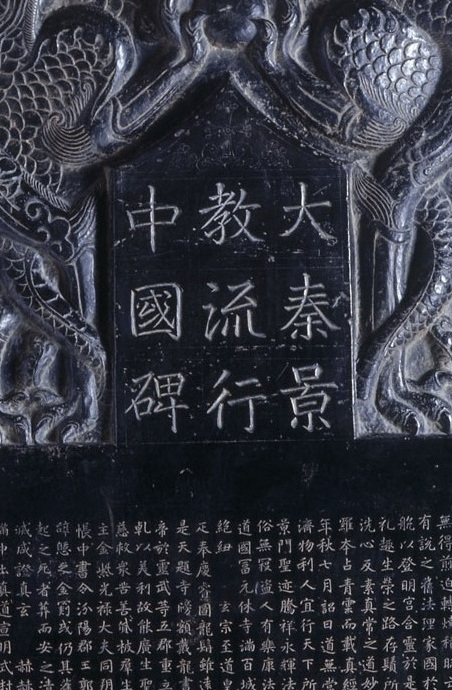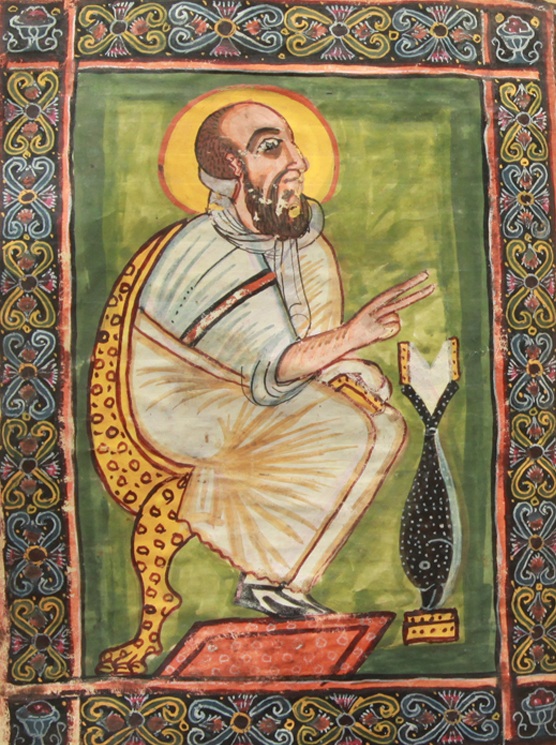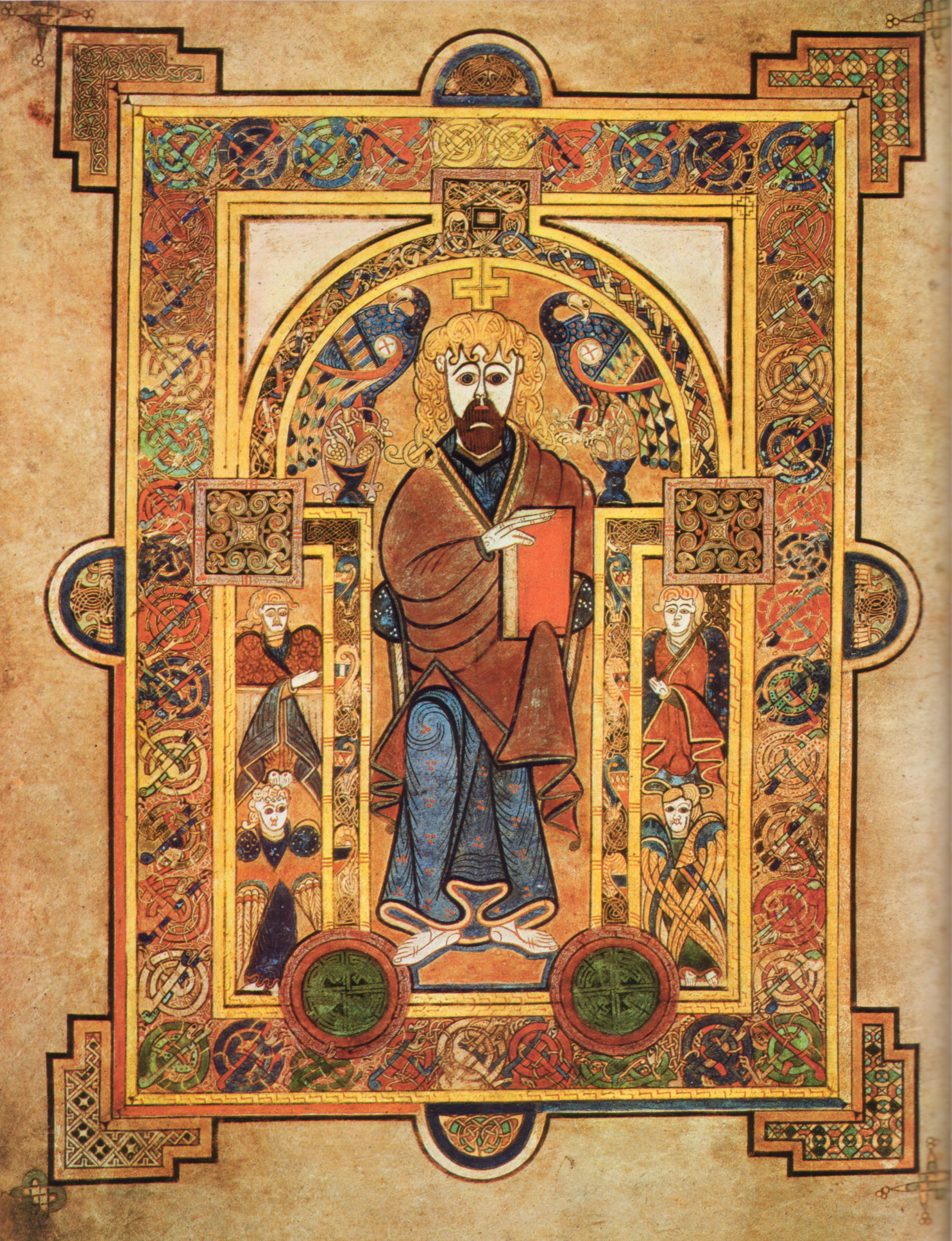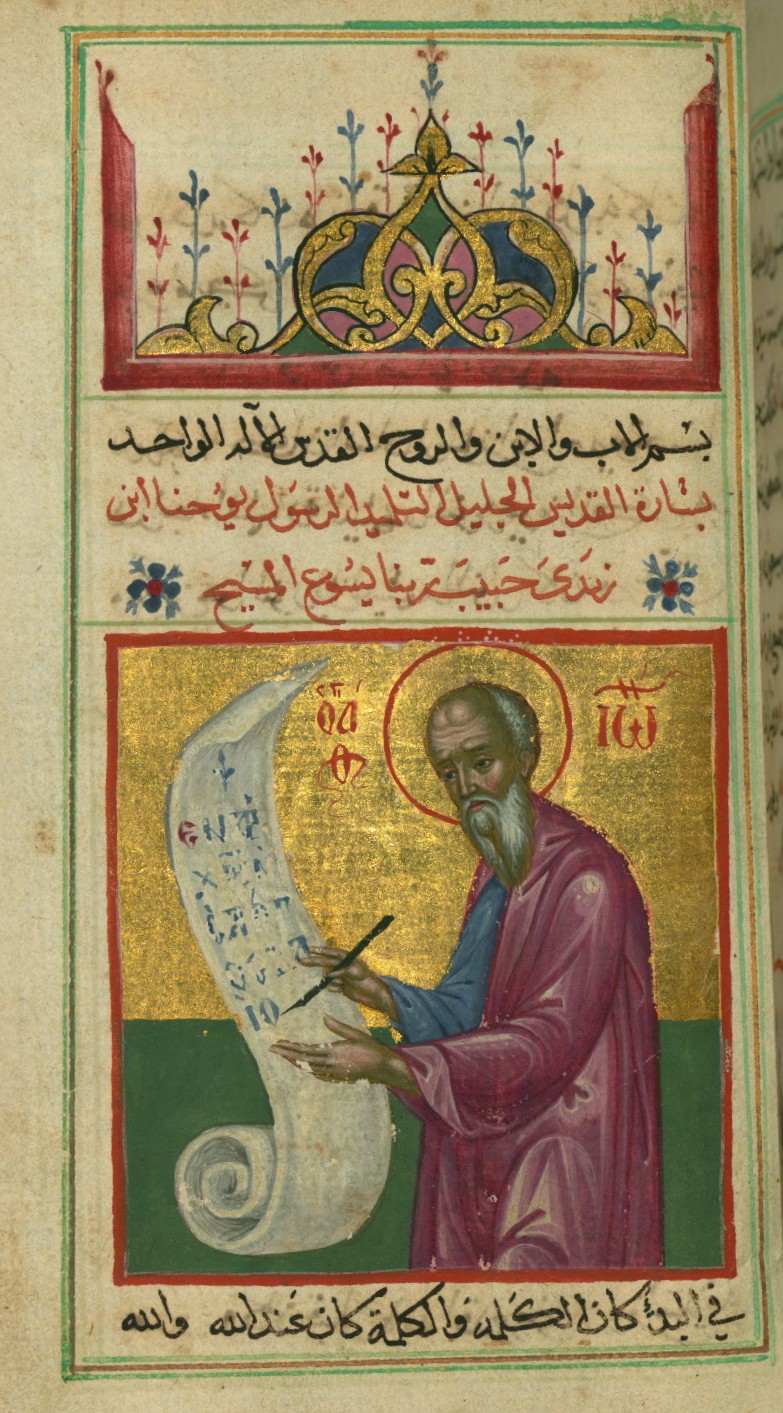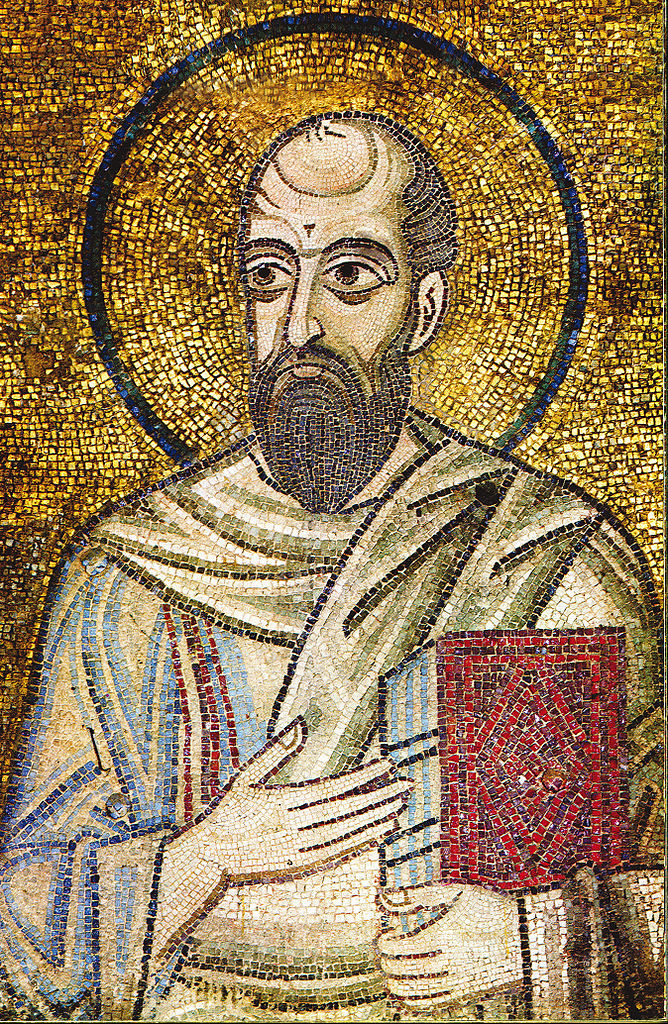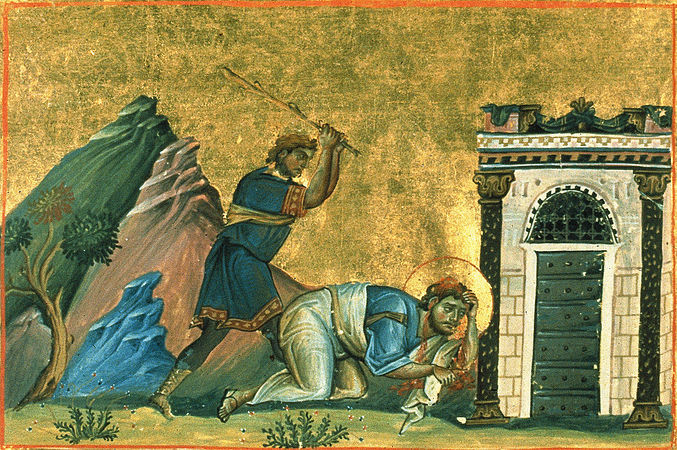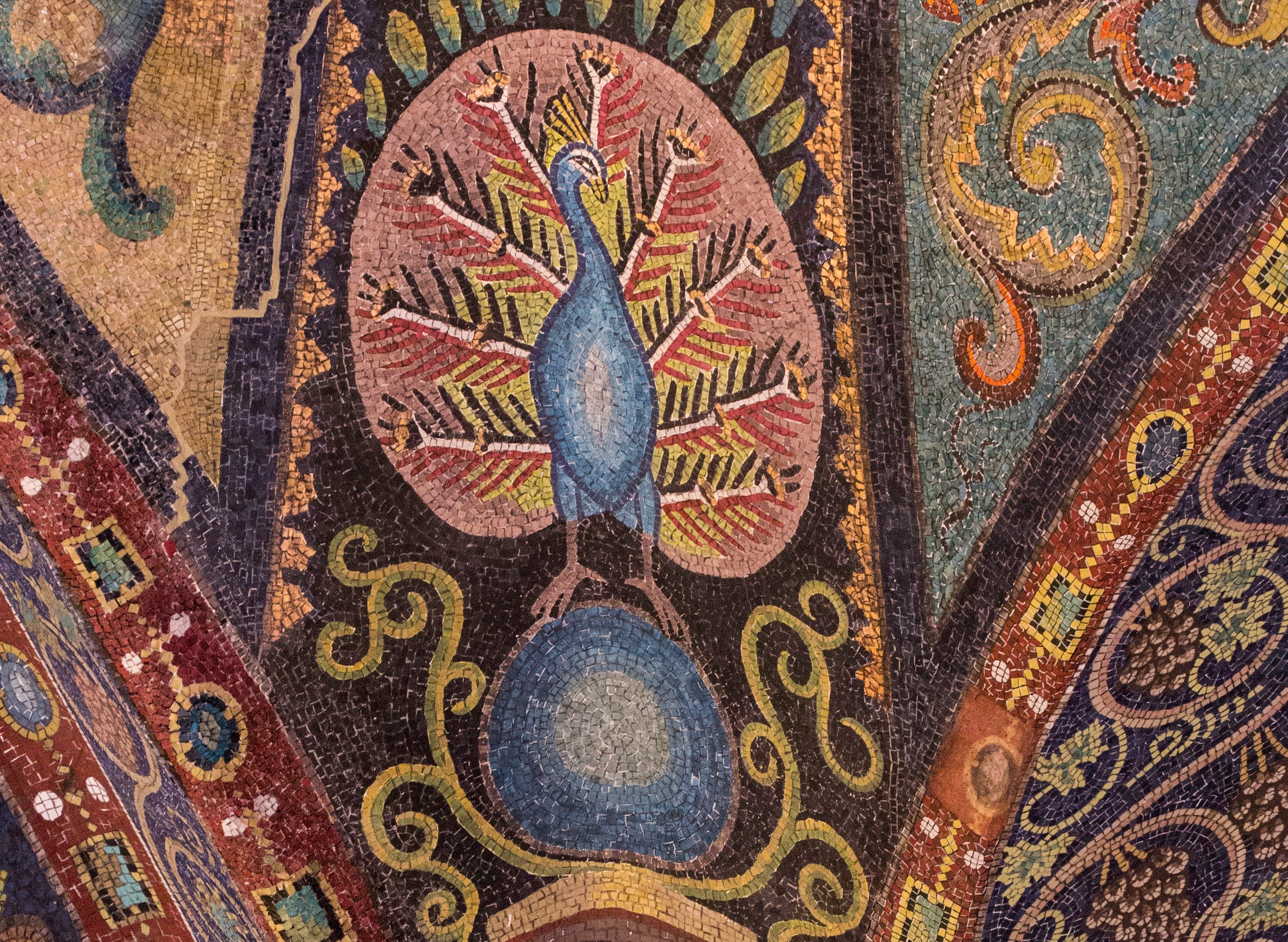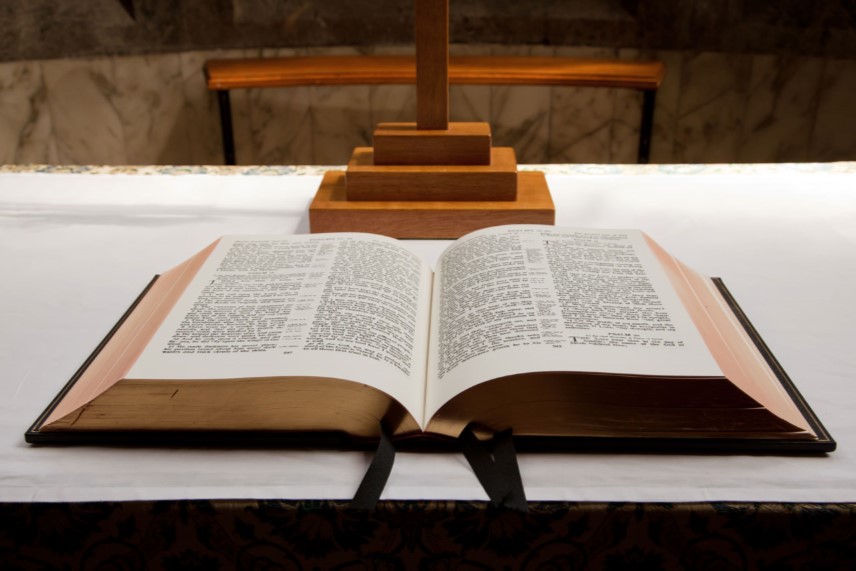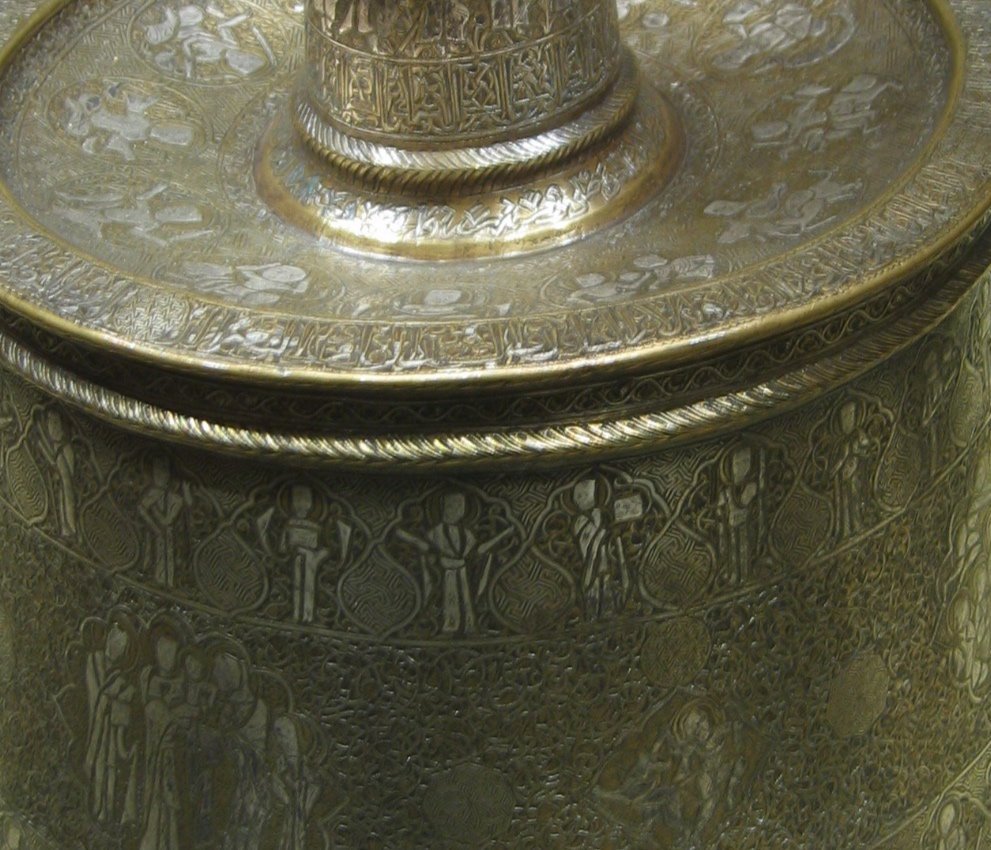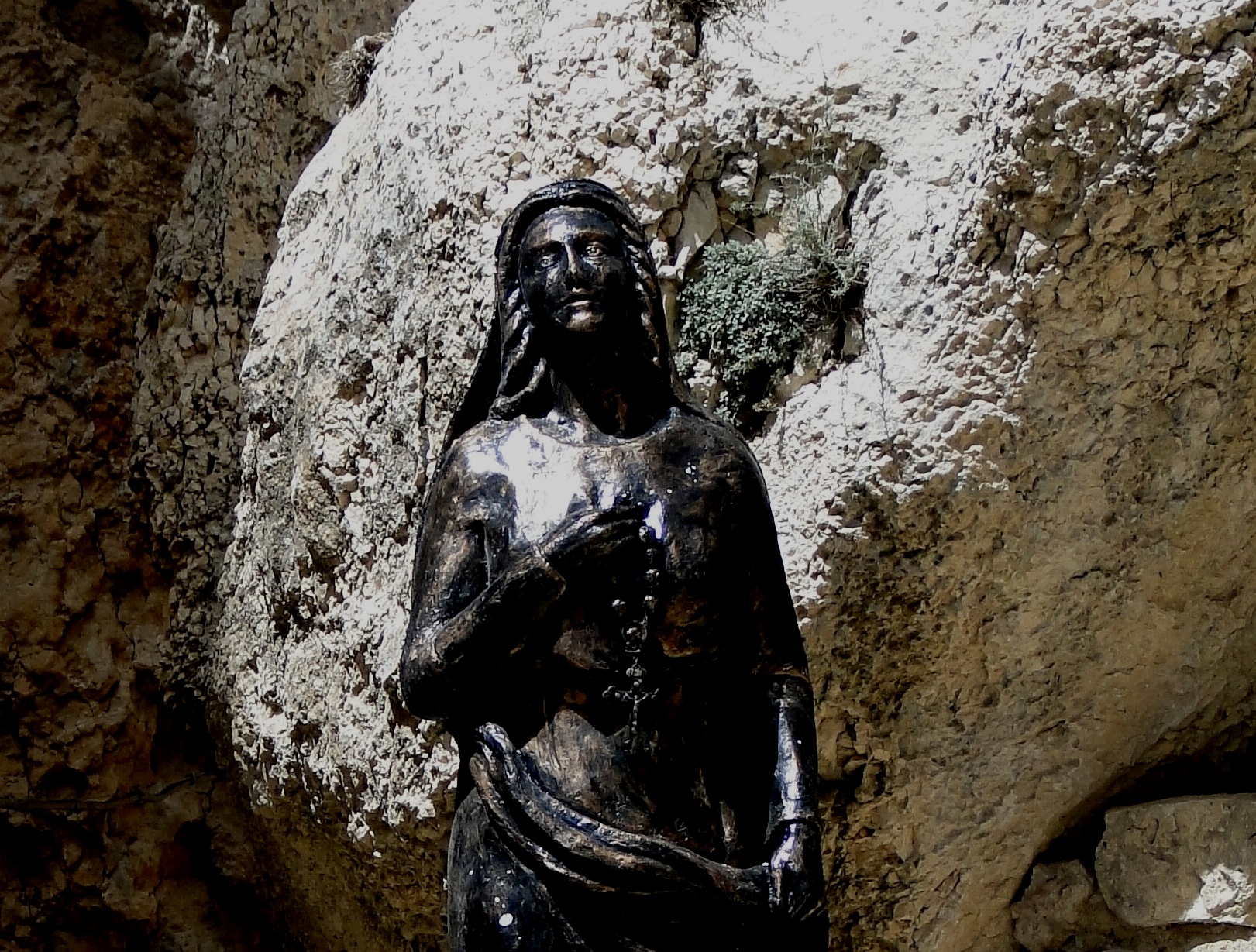The New Testament
Bible Studies, Messages, Papers
Photograph: Unleavened bread and wine at Jewish Passover, recalling the Exodus from Egypt. Jesus reinstituted the bread and wine with a fresh meaning, recalling his exodus from death and the corruption afflicting human nature. Photo credit: Tim Sackton | CC2.0, Flickr.
Bible Studies and Messages from The Anástasis Center: New Testament:
Below are small group leader notes, sermons, and exegetical notes on the New Testament, grouped by author. We make the best of modern biblical scholarship, along with early Christian exegesis, relevant and practical.
Notes and Essays on the Gospels and Acts: Basics
Christian Spiritual Development Based on the Gospels: A Diagram for Personal Growth
Borrowing from former UCLA Basketball coach John Wooden’s “pyramid of success,” this diagram is a pyramid that shows how the lower building blocks of faith, character, desire, and skills support the top-most triangle: mission.
A Practical Framework for Reconciliation
This diagram is borrowed from Peacemaker Ministries with minor modifications and integrated into our teaching of Matthew’s Gospel, especially where Jesus talks about reconciliation and good conflict resolution.
Why Jesus? Harvard Ichthus, Fall 2012.
Who is Jesus? Harvard Ichthus, Spring 2014.
Notes and Essays on the Gospels and Acts: A Literary-Canonical Approach to Interpretation
How to Develop Bible Studies and Curriculum from the Gospels
A short and simple diagram showing the two major themes of every Gospel. First, Jesus is going on a human journey to be faithful where Adam and Eve, Israel, and David were not faithful. Second, Jesus is training the disciples in his mission of new humanity for all humanity.
The Art of Biblical Narrative: Special Focus on Luke-Acts
An outline drawing from the literary scholarship of Robert Alter and many others. We have the literary skills because we watch modern movies! We distill four techniques into this acronym: TEDS. Themes running through the whole narrative that affect how we integrate one passage into a larger narrative tapestry; Echoes of earlier biblical stories that are asking us to compare the two; Disclosure of detail that affect how we interpret characters; and Structures like chiasms or poetic parallelism which help us identify the point.
The Art of Biblical Narrative: A Workshop on Luke 5:1 - 16
An exercise of the above document that uses Luke 5:1 - 16 as a workshop, for individuals or groups. Get practice in looking for Themes, Echoes, Disclosure, and Structure.
Reconciling the Gospels: The Legion Demoniac - An Application of the Literary Methodology
Text of a message given by Mako Nagasawa to set some parameters on what we can say about the fact that Matthew tells the story of two men in connection with the “Legion” demons, or “legion” of demons, while Mark and Luke tells the story of one man. Was there one man or two? Did Jesus heal instantaneously or gradually? Did the demons name themselves?
Slides to a presentation given by Mako Nagasawa to InterVarsity Christian Fellowship staff, on why we must not interpret and teach the Gospel of Mark in such a way to conflict with what the Gospels of Matthew, Luke, and John would teach. The literary themes of each Gospel must be traced through each entire book, and then integrated.
Reconciling the Gospels: Did Matthew, Mark, and Luke Believe Jesus was God? (TBD)
Text of a message given by Mako Nagasawa to explain why Matthew, Mark, and Luke had a “high christology.” Many New Testament scholars believe that these three Gospels had a “low christology,” or a view of Jesus that he was not quite divine. They argue that John’s Gospel reflects a “high christology” because it was written later. But this message uses the literary methods above to demonstrate that Matthew, Mark, and Luke did in fact have a “high christology.”
Notes and Essays on the New Testament: Themes, Questions, Issues
Workbook style, with quotes and questions for personal or group discussion. Discussion points include: Who caused this mess? Jesus saves who, from what? Can a loving God have a hell? What about people who died before Jesus? Did God predestine some people to hell? Why does God want me to worship Him? What’s my motivation to obey Jesus? How does God the Father feel towards me? Should we use retributive or restorative justice? Should our economic system prioritize meritocratic-retributive or restorative justice?
Penal Substitution and Medical Substitution: A Theological Comparison
Simple charts comparing the two theories. Good for an introduction to people who understand biblical language and Christian ministry. See Atonement for more resources.
Human Dignity: Does Every Human Being Matter?
An essay examining whether philosophy, science, other religions, or Augustinian-Lutheran-Reformed Christian theologies can support the notion of universal human dignity. Only a fully Trinitarian theology with a medical substitutionary atonement can provide an adequate foundation.
Whose Family? Which Union? Reflections on Scripture, Human Sexuality and God's Purposes
A paper summarizing the five Letters to a Gay Friend. This is an exegetical and pastoral paper examining biblical passages that are important in the discussion about what God’s vision for human sexuality is: Genesis 1 - 2; Leviticus 18 and 20; Matthew 19 (and Mark 10); Romans 1; 1 Corinthians 6 - 7; 1 Timothy 1. Ultimately, we have to look at the the nature of human desire in general, as a gift from God to move us towards extending ourselves towards Him and others. However, we are called to submit our desires to Jesus, who demonstrated the normative human emotions and desires.
Slavery in Christianity, Part 1: Slavery in the Bible, Slavery Today
Research and slides which explores the Old Testament, then the New Testament. It looks at what the Hebrew "ebed" service meant in context, and then what Greek "duolos" meant and how the New Testament understood the various ways people could enter servitude. It uses a sociological approach, exploring different ways in to becoming an “ebed” or “duolos,” what rights and responsibilities those roles had, and how one could leave and/or escape. Slavery and Belief Systems links to a page on our website which examines the relationship between various faith traditions and slavery-abolition. See also our resources on modern day Human Trafficking.
Links to a page on our website with resources which interpret both Scripture and church history as an argument for women at all levels of church leadership. There are also links to resources from early church historians and theologians addressing the mistaken claim that the Trinity is a hierarchy of power, which is what some Protestant evangelicals in favor of patriarchy argue.
The Canonization of the New Testament: Why Not the Gospels of Thomas and Judas
Slides of a presentation given October 23, 2021 to the first Reconstruction 2021 class. We contrast Hebraic vs. Hellenistic frameworks of the relationship between the body and soul, the material and the spiritual. The four canonical Gospels — Matthew, Mark, Luke, and John — are continuations of the Hebraic story of a good material creation requiring physically resurrected bodies. By contrast, the Gospels of Thomas and Judas argue that the material creation is evil and the soul needs to escape the body. Then, we step back and glance at the historical record in chart form of which documents were regarded as authoritative by various early Christian writers. The Formation of the New Testament: Why Not the Gospels of Thomas and Judas? is a document form of the slide presentation above.
Links to a page on our website with studies in intertextuality on how the NT quotes from the Pentateuch, Isaiah, and the Psalms

